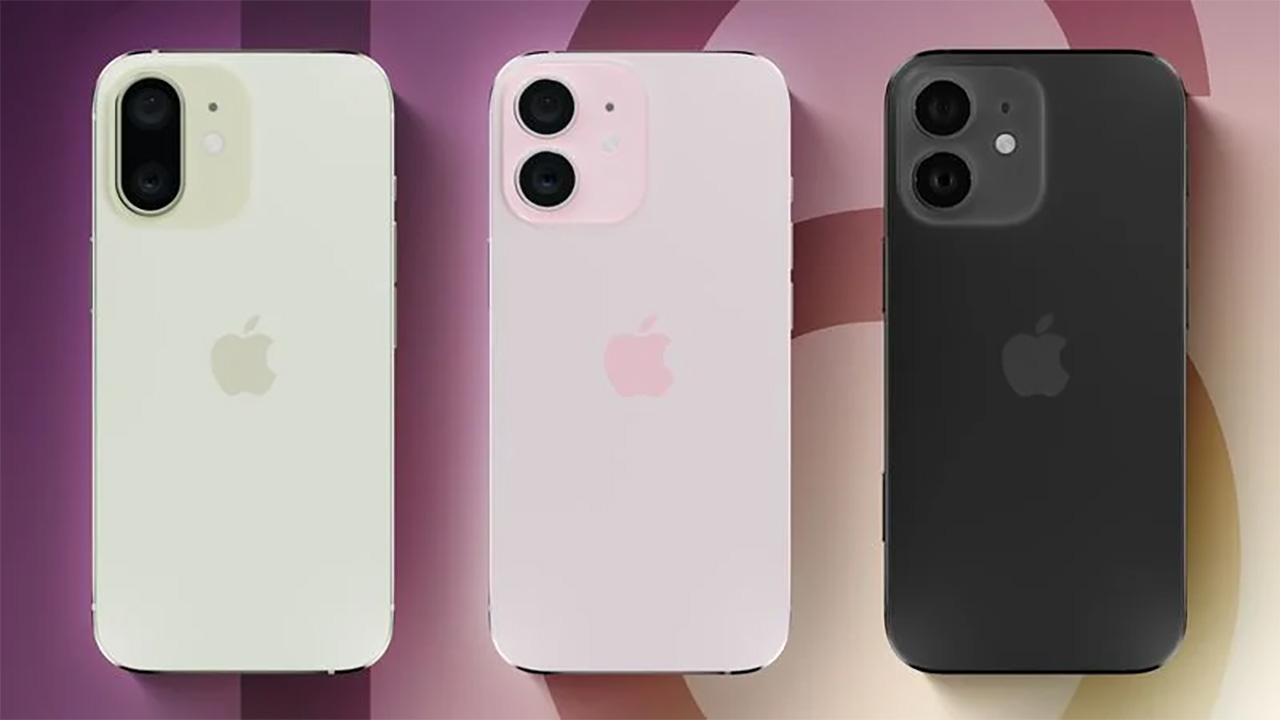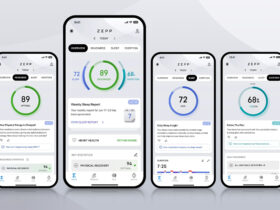According to recent announcements, most of the changes introduced by Apple are internal and have been implemented to address the complaints of iPhone 15 users. So, what strengths can the tech giant rely on to secure a good number of iPhone 16 units this year? Apple Intelligence, of course, but the company’s suite of generative AI features, both on-device and in the cloud, isn’t expected to be available until the next software update. Furthermore, a source suggested that the company may have resorted to misleading marketing for the iPhone 16 because the hardware isn’t exactly capable of running these functions smoothly.
Nonetheless, it downplays the remaining specifications, proposing that the A18, A18 Pro and other internal components are not significantly different, implying that the A17 Pro might have been sufficient for Apple’s AI. Here are the statements made by the source in question:
In this regard, it’s no coincidence that the company is advertising Apple Intelligence as the main reason to buy a new iPhone, despite the fact that the AI platform isn’t yet complete and will ultimately run on last year’s Pro models.
In this case, Apple is being somewhat dishonest in its marketing. The company claims the iPhone 16 is the first model “built from the ground up for Apple Intelligence.” The reality is that the processor and other hardware components of the new iPhones aren’t significantly better for artificial intelligence. The key factor is the availability of 8 gigabytes of memory, which is the minimum required to run Apple’s intelligence.
If Apple believed that the hardware changes were a strong enough selling point, it would have focused its marketing on those features. Instead, it has put all its chips on Apple Intelligence, despite the drawbacks. Most consumers won’t have access to the software for weeks — some features won’t arrive until next year — and it isn’t even close to being comparable to the AI systems of the competition.”










